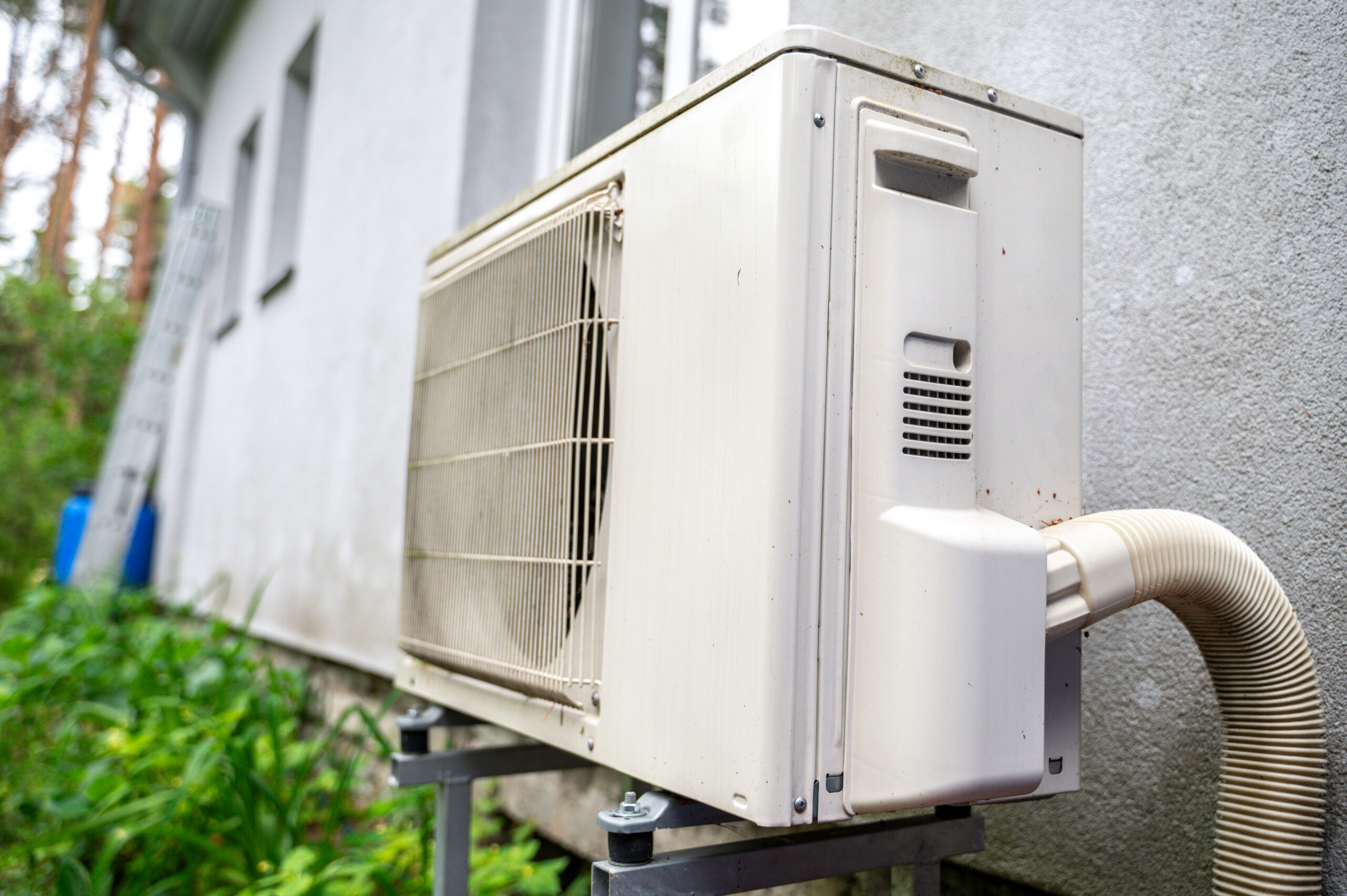Creating a comfortable living environment is a priority for homeowners in Rockwall, Wylie, Garland, and Dallas, TX. A significant part of achieving that comfort lies in optimizing your HVAC system to maintain ideal temperatures based on your specific needs. One of the most effective ways to accomplish this is through HVAC zoning, a technology that allows you to customize temperature settings throughout your home.
This informative article will help you understand how HVAC zoning works, its benefits, and what components are involved in creating a zoned heating and cooling system. By gaining insight into the concept of HVAC zoning, you will be better equipped to evaluate if this innovative solution is the right fit for your home, potentially resulting in increased energy efficiency, reduced utility bills, and enhanced comfort.
How HVAC Zoning Works: The Basics
HVAC zoning systems work by dividing a home into different zones or areas, each with its thermostat and temperature control capabilities. These zones can be individual rooms, floors, or areas with specific heating and cooling requirements. The zoning system utilizes dampers, temperature sensors, and a central control panel to regulate the airflow and temperature in each zone, providing the desired comfort level.
1. Dampers: Installed within the ductwork, dampers control and direct the airflow to the designated zones. They can either open or close, depending on the climate requirements of the specific area.
2. Temperature Sensors: Each zone has its temperature sensors, which communicate with the central control panel, relaying information about the current temperature and the desired temperature setting.
3. Central Control Panel: The control panel acts as the brains of the HVAC zoning system. It receives input from the thermostats and temperature sensors and decides which dampers to open or close to maintain the optimal temperature in each zone.
The Benefits of HVAC Zoning
There are several significant benefits to installing an HVAC zoning system in your Rockwall, Wylie, Garland, or Dallas, TX home. These advantages include increased energy efficiency, enhanced comfort, and reduced wear and tear on your HVAC system.
1. Energy Efficiency: By allowing you to control the heating and cooling settings on a room-by-room basis, HVAC zoning systems can reduce energy consumption and lower your utility bills. For example, if you use less heating in an unused guest room, you can save money on heating costs.
2. Enhanced Comfort: HVAC zoning enables you to customize the temperature settings in your home to cater to the specific needs and preferences of you and your family members. This personalized approach leads to improved overall comfort levels.
3. Reduced Wear and Tear: By only directing heated or cooled air to the areas that require it, HVAC zoning systems put less strain on your heating and cooling equipment, potentially extending its lifespan and reducing the need for costly repairs.
Types of HVAC Zoning Systems
There are two main types of HVAC zoning systems: forced-air and hydronic. Each offers unique advantages and may be more suitable for certain types of homes and heating and cooling systems.
1. Forced-Air Zoning Systems: These are designed to be compatible with homes that have central heating and air conditioning systems using ductwork. They employ electronic dampers to control the airflow through the ducts, delivering the desired temperature to each zone. Forced-air zoning systems work well with both furnaces and air conditioning units.
2. Hydronic Zoning Systems: Designed for homes with radiant heating systems, hydronic zoning systems use a series of valves and pumps to control the flow of heated water through the various zones. These systems work well in conjunction with boilers and in-floor radiant heating systems but are not compatible with central air conditioning systems.
Selecting and Installing a Zoning System
Before deciding on a zoning system for your home, consider the following factors:
1. System Compatibility: Confirm that your existing HVAC equipment is compatible with an HVAC zoning system. Consult an experienced HVAC professional for guidance on the best options for your specific heating and cooling setup.
2. Number of Zones: Evaluate how many zones will be most effective for your home. Consider factors such as the size and layout of your house, your family’s lifestyle, and how your heating and cooling needs vary by area.
3. Professional Installation: Always work with a reputable and experienced HVAC technician to plan, design, and install your zoning system. This ensures proper sizing and configuration, maximizing the benefits and efficiency of your new setup.
Maintaining Your HVAC Zoning System
Routine maintenance is essential for the continued efficiency and reliability of your zoning system. Here are some maintenance tips to help keep your system in top working condition:
1. Check and Replace Filters: Regularly inspect and replace the filters in your HVAC system according to the manufacturer’s recommendations, usually every 1-3 months, depending on usage and filter type.
2. Inspect Dampers: Check the dampers in your ductwork for any signs of damage or malfunctions, which can affect the system’s efficiency. Schedule repairs as needed.
3. Schedule Routine Maintenance: Arrange for professional HVAC system maintenance at least once annually. This service entails inspecting, cleaning, and tuning essential components of your HVAC system and zoning setup, ensuring optimal performance.
Achieving Ultimate Comfort and Efficiency with HVAC Zoning
Implementing an HVAC zoning system in your Rockwall, Wylie, Garland, or Dallas, TX home can lead to a more comfortable, energy-efficient living environment. By understanding how HVAC zoning works, the potential benefits, and the types of systems available, you can make the right decision to enhance your home’s climate control capabilities.
At One Hour Heating & Air Conditioning in Rockwall, TX, our skilled professionals specialize in HVAC installation, repair, maintenance, and heating services. We can help assess your home’s unique needs and provide expert advice on the best HVAC zoning system for optimal comfort and efficiency. Contact us today and take the first step towards tailor-made temperature control in your home with an HVAC zoning system.











